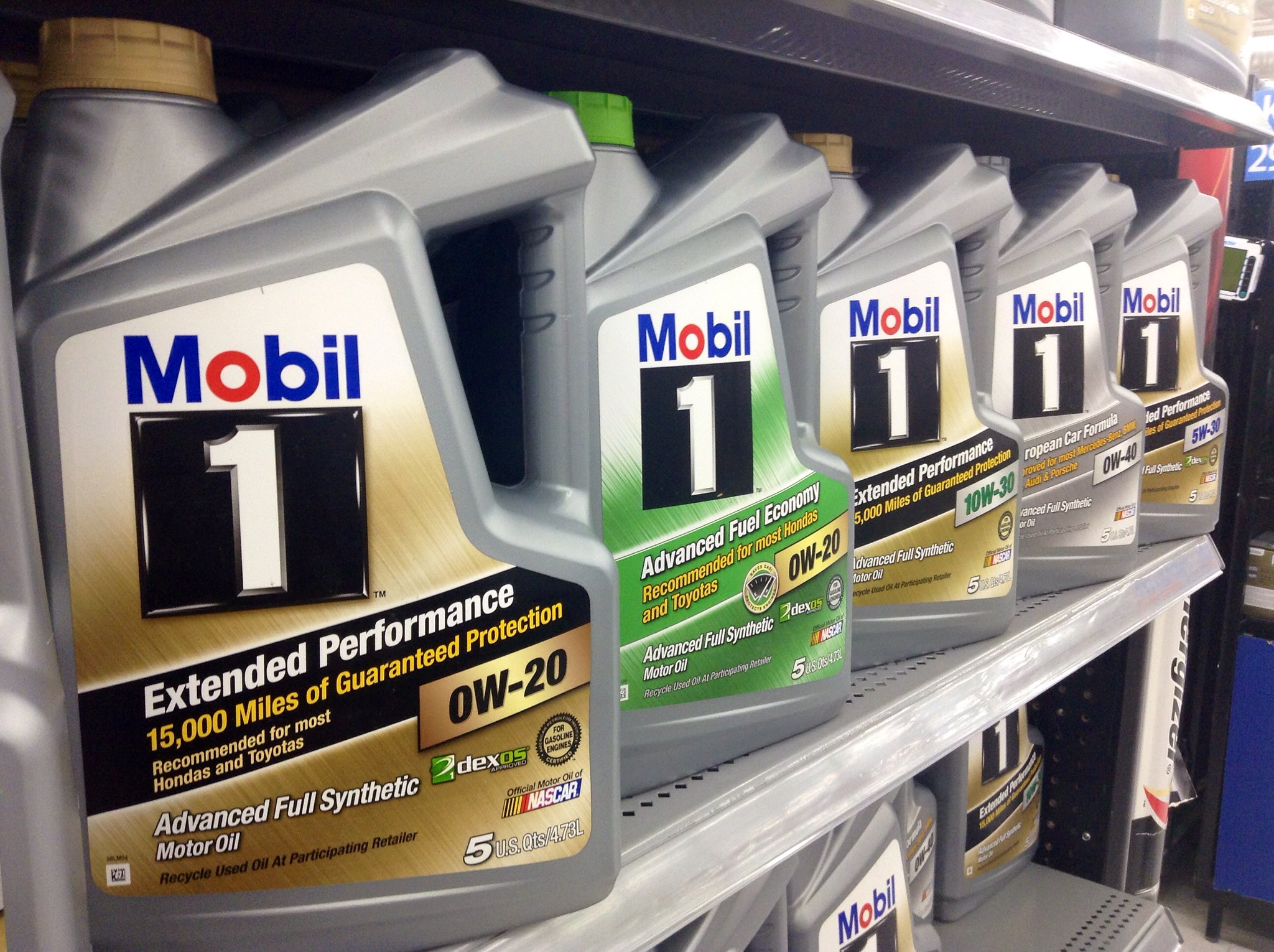Ten Myths About Synthetic Lubricant
It's a fact of life that behavior is influenced by what individuals think, whether real or not. Various cases from history bear this out. For instance, sailors were as soon as afraid of cruising outside the sight of land lest they would fall off the edge of the world. In the early
In the 19th century, the train was considered dangerous because it was believed that if you moved quicker than 25 miles per hour, you'd be traveling too quickly to breathe. At a later date, the New York Times cautioned that electrical light would trigger loss of sight. Microwave vehicles, aircraft, and ovens have had similarly vociferous opponents.
Looking back, it's simple to laugh at some of the things people when held as true. How easy it is to make the very same mistake today.
In our own time, synthetic motor oils have been the things of numerous misconceptions held by the public. Many people, including some mechanics, have been misinformed by these persistent misconceptions.
SPECIFICATIONS OF THE DEBATE
Synthetic motor oils are fuel-efficient, extended life lubes produced from select base stocks and unique function ingredients. Synthetic oil base stocks are made from organic substances or artificial hydrocarbons utilizing a process that re-arranges the structure so all the molecules are uniform in weight, size, and shape, a phenomenon that does not take place in nature. In contrast to petroleum oils which are pumped from the earth and improved, synthetics are custom-made to produce, in result, the ideal lube.
In responding to the objections most commonly raised versus synthetics it is important to establish the parameters of the argument. When speaking of synthetic motor oils, this short article is protecting the lubes which have actually been developed to fulfill the efficiency requirements set by the American Petroleum Institute (API). (The very first such artificial motor oil separately checked and confirmed to satisfy these industry-accepted tests for specifying engine oil properties and efficiency characteristics were Mobil Oil 100% Synthetic 10W-40 in 1972.).
Many people with concerns about synthetics have not understood where to turn to get correct info. Is it very oil or snake oil? Some lovers will swear that synthetics can raise your cars and truck from the dead. On the other hand, the next fellow asserts that synthetics will send your cherished vehicle to an early tomb. Where's the reality in all this?
In an effort to set the record directly, we've put together here ten of the more persistent myths about artificial motor oils to see how they compare to the facts.
Myth # 1: Synthetic motor oils damage seals.
It would be reckless for lubricant producers to construct an item that is incompatible with seals. The composition of seals presents problems that both petroleum oils and synthetics should conquer.
Eventually, it is the additive mix in oil that counts. Additives to control seal hardening, shrinking, and swell are required, whether it be a synthetic or petroleum product that is being produced.
Misconception # 2: Synthetics are too thin to remain in the engine.
Untrue. In order for a lubricant to be categorized in any SAE grade (10W-30, 10W-40, etc.) it has to fulfill certain standards with regard to viscosity (" thickness").
It makes no distinction whether it's 10W-40 petroleum or 10W-40 artificial, at -25 degrees centigrade (-13 F) and 100 degrees centigrade (212 degrees F) the oil has to keep a standardized viscosity or it can't be rated a 10W-40.
Misconception # 3: Synthetics trigger cars and trucks to use more oil.
Incorrect. Artificial motor oils are planned for use in mechanically sound engines, that is, engines that do not leak. In such engines, oil consumption will in fact be lowered. Because of the lower volatility of synlubes. Second, due to the fact that of the much better-sealing qualities in between piston rings and cylinder walls. Because of the remarkable oxidation stability (i.e. resistance of synthetics versus reacting with oxygen at high-temperature levels.).
Misconception # 4: Synthetic lubricants are not suitable for petroleum.
The synthesized hydrocarbons, polyalphaolefins, diesters, and other products that form the base stocks of high-quality name-brand synthetics are fully suitable with petroleum oils. In the old days, some companies utilized active ingredients that were not suitable, triggering quality synlubes to suffer a bottom rap.
Compatibility is something to bear in mind, however, whether utilizing petroleum oils or synthetics. It is generally best to utilize the exact same oil for complementing that you have been running in the engine. That is, it is more suitable to not mix your oils, even if it is Valvoline or Quaker State you are utilizing. The factor is this: the functions of additives mixed for particular attributes can be balanced out when oils with various additive bundles are created. For ideal efficiency, it is much better to use the same oil throughout.
Myth # 5: Synthetic lubes are not easily available.
False. This might have been the case 20 years back when Mobil Oil was the only real option, however today nearly every major oil business has actually included a synthetic product to their lines. This in itself is a testimony to the worth synthetics provide.
Misconception # 6: Synthetic lubricants produce sludge.
False. In point of fact, artificial motor oils are more sludge resistant than their petroleum counterparts, resisting the results of high temperature and oxidation. In the existence of heat, 2 things can occur. An oil's lighter ingredients boil off, making the oil thicker. Second, many of the intricate chemicals discovered naturally in petroleum base stocks start to respond with each other, forming varnish, gum, and sludge. One result is a loss of fluidity at low-temperature levels, slowing the prompt flow of oil to the engine for essential element security.
Synthetic oil base stocks are made from artificial hydrocarbons or organic compounds using a procedure that re-arranges the structure so all the molecules are consistent in shape, size, and weight, a phenomenon that does not take place in nature. In contrast to petroleum oils which are pumped from the earth and improved, synthetics are custom-designed to produce, as a result, the ideal lube.
When speaking of artificial motor oils, this post is defending the lubes which have been formulated to satisfy the efficiency requirements set by the American Petroleum Institute (API). (The very first such artificial motor oil separately tested and verified to fulfill these industry-accepted tests for specifying engine oil properties and efficiency qualities was Mobil Oil 100% Synthetic 10W-40 in 1972.).
In point of fact, synthetic motor oils are more sludge resistant than their petroleum equivalents, withstanding the results of high temperature and oxidation.





Mga Komento
Mag-post ng isang Komento